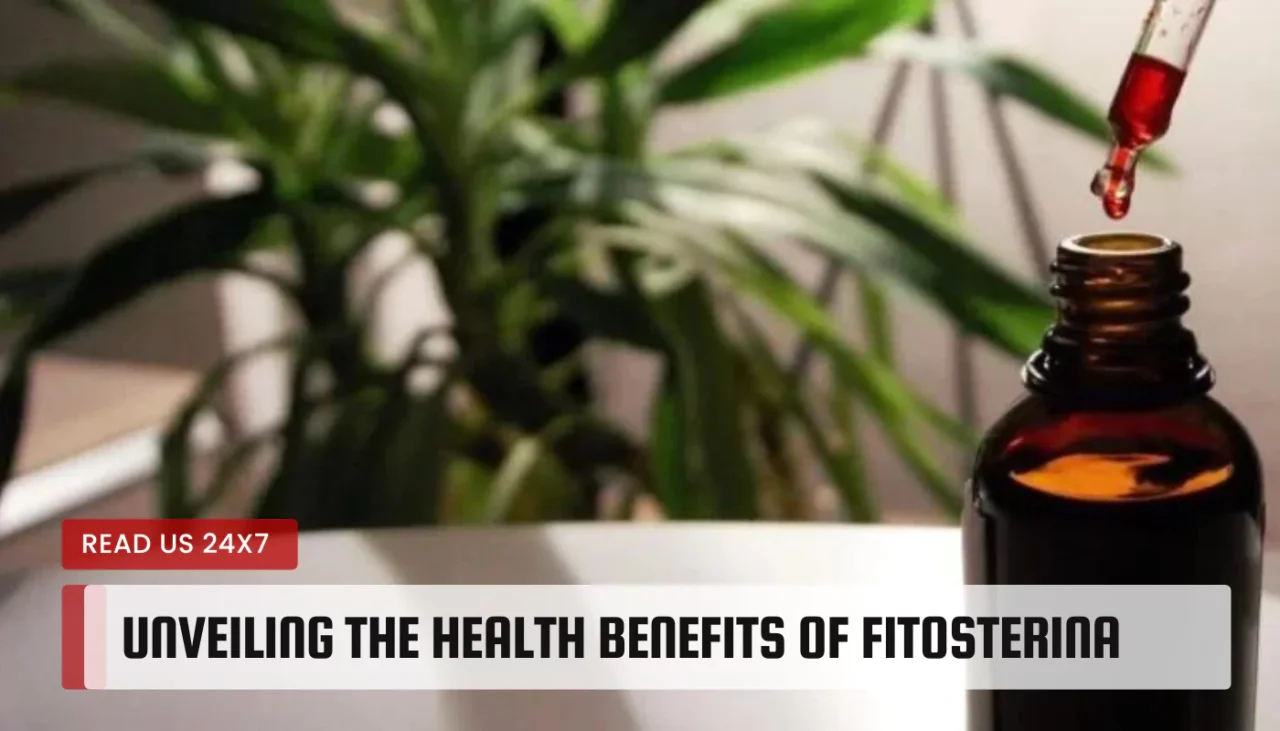Have you heard of fitosterina, but are unsure what it is or how it can benefit your health? This guide dives into the world of plant-derived phytosterols, exploring their definition, sources, and potential health advantages.
What is Fitosterina/Phytosterols?
Fitosterina, also known as phytosterols, are naturally occurring plant compounds with a similar structure to cholesterol, the fatty substance found in animal products. Unlike cholesterol, however, phytosterols offer a variety of health benefits.
Sources of Phytosterols
Phytosterols are abundant in a variety of plant-based foods, including:
- Nuts and seeds: almonds, cashews, peanuts, sunflower seeds
- Vegetable oils: canola oil, soybean oil, corn oil
- Fruits: avocados, berries
- Whole grains: oats, wheat germ, barley
- Legumes: soybeans, lentils, chickpeas
Health Benefits of Fitosterina
Studies suggest that incorporating phytosterols into your diet may provide several health advantages:
- Cholesterol-lowering effects: Phytosterols are thought to block the absorption of cholesterol in the intestines, potentially leading to lower LDL (“bad”) cholesterol levels.
- Anti-inflammatory properties: Phytosterols may possess anti-inflammatory properties, potentially reducing inflammation throughout the body.
- Immune system support: Some research suggests that phytosterols might play a role in supporting the immune system.
- Antioxidant activity: Certain phytosterols exhibit antioxidant activity, helping to combat free radical damage in cells.
Incorporating Fitosterina into Your Diet
There are several ways to increase your intake of phytosterols:
- Natural food sources: Include a variety of nuts, seeds, vegetable oils, fruits, whole grains, and legumes in your diet.
- Fortified foods: Some food products, such as margarine and plant-based milks, are fortified with phytosterols.
- Dietary supplements: Phytosterol supplements are available, but it’s advisable to discuss them with your doctor before starting any new supplement regimen.
- Daily intake recommendations: The recommended daily intake of phytosterols varies depending on individual factors and health goals. Generally, most studies suggest a daily intake of 2-3 grams may be beneficial.
- Simple dietary tips: Here are some easy ways to boost your phytosterol intake: snack on a handful of almonds or sunflower seeds, drizzle avocado oil on salads, enjoy oatmeal with berries for breakfast, or incorporate lentils into your favorite soup recipe.
Potential Risks and Considerations
While generally safe for most individuals, there are some considerations regarding phytosterols:
- Side effects: Some people may experience mild side effects like bloating or digestive discomfort when consuming large amounts of phytosterols.
- Cautions for certain individuals: Individuals with certain health conditions, pregnant or breastfeeding women, and those taking medications should consult with their doctor before consuming high doses of phytosterols or supplements.
- Interactions with medications: Phytosterols may interact with certain medications, so it’s crucial to speak with your doctor to ensure they are safe for you.
- Potential benefits for heart disease and weight loss: While research suggests potential benefits for cholesterol levels, the evidence regarding phytosterols and heart disease or weight loss is still inconclusive. More research is needed in these areas.
Conclusion
Fitosterina, or plant-derived phytosterols, offer a range of potential health benefits, including cholesterol reduction, inflammation control, and immune system support. By incorporating a variety of plant-based foods into your diet and considering fortified options or consulting your doctor about supplements, you can explore the potential health advantages of phytosterols. Remember, a balanced and varied diet is key to optimal health.


